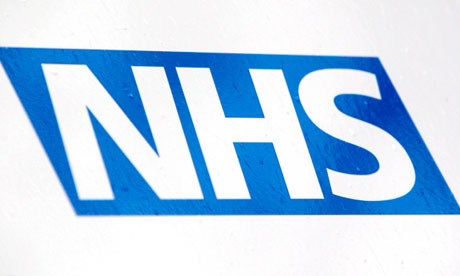The lobbying bill is a gift to union bashers
Given what we know about blacklisting, the lobbying bill’s demands on union membership lists pose a sinister threat
The government’s lobbying bill may be in trouble, but its attack on the confidentiality of union membership records continues in the Lords on Monday. To avoid what would have been a stonking defeat, ministers last week announced a “pause” on part two of this troubled bill, which would restrict free speech for groups other than political parties during an election campaign. The huge opposition it has provoked from across the political spectrum forced the government into this tactical retreat.
But this is no time to celebrate. The government has merely delayed debate in the House of Lords until December on part two – and it has brought forward to later on Monday the attacks on trade union membership contained in part three of the bill. They still aim to finish the bill by Christmas. Debating it in a different order is no victory for campaigners.
No one other than unions might be thought to be interested in plans for tying up union membership systems in blue tape. But there are wider questions at stake about how much personal data should be open to the state and its organs. The bill requires unions to appoint independent membership “assurers” from a list provided by government. These assurers, plus the government-appointed union regulator (the certification officer), and any other investigators appointed, will all have access to union membership records.
Any employer or political opponent of trade unionism will be able to make complaints about membership, which have to be investigated. As the extent of blacklisting in the construction industry has been revealed, members are naturally concerned at union lists being made open.
The government is unable to say why this section of the bill is needed. There is already a strong legal requirement on unions to have robust membership lists. Unions need efficient systems to collect subscriptions and they know that if there is anything dodgy about the membership in a strike ballot, the employer will win an injunction.
Freedom of information requests have established that no one has called on the government to introduce such a measure. And, according to its website, the Certification Office has received no complaints from trade union members relating to registers since 2004. On top of that, between 2000 and 2004 only six complaints were received – five of which were dismissed and no declaration was issued for the sixth.
…
